
As fighters affiliated with the Islamic State of Iraq and Syria (ISIS) militant group seized Iraq’s biggest oil refinery on Wednesday, the government formally asked the White House to respond to the miltants’ threat with airstrikes. The Obama administration has so far hesitated to do so, troubled by the lack of good intelligence on the ground and uneasy about the impact military force might have on a brewing conflict with deep sectarian overtones — though President Barack Obama announced Thursday the U.S. is sending 300 special forces to Iraq in an advisory, non-combat role.
But there’s another issue worth considering: the threat of violent blowback against the U.S. at home. For the moment, ISIS, which has fighters in Syria and Iraq, is focused on expanding its territory on both sides of the border. But an American attack on ISIS could turn the group’s wrath Westward, and it already has the means to retaliate on American shores.
Between an estimated 10,000 to 11,000 foreign fighters have joined the fight against President Bashar Assad in neighboring Syria, some 3,000 of whom have passports that allow them unfettered access to the U.S. and Europe. Most Westerners fighting in Syria say they want to defeat Assad and build a new nation based on the laws of Islam, but their governments fear they could be radicalized and persuaded to return home to attack Western targets.
While there have been several arrests of Europeans, Australians and Americans accused of fighting with or attempting to fight with terrorist groups in Syria, so far no plots against the West originating in Syria have been discovered. (The gunman accused of killing 4 at a Jewish museum in Brussels on May 24 had recently returned from fighting in Syria, but he appears to have been previously radicalized). But that could change rapidly if the United States attacks ISIS fighters directly: In January, ISIS leader Abu Bakr al-Baghdadi warned “Jews and crusaders” against encouraging more moderate groups to take on his organization in Syria: “Very soon you will be in direct confrontation, Allah permitting.”
ISIS fighters from across Europe are bringing in new recruits via social media, causing great concern. According to security officials from several European nations, about 400 British, 100 American and 700 French combatants, among others, have already joined the fight, turning what some may consider a distant war into an immediate threat at home.
“No one should be in any doubt that what we see in Syria and now in Iraq in terms of ISIS is the most serious threat to Britain’s security that there is today,” Prime Minister David Cameron told journalists Tuesday. “The number of foreign fighters in that area, the number of foreign fighters including those from the UK who could try to return to the UK is a real threat to our country.” Cameron also warned Parliament this week that British fighters in Syria and Iraq pose “a greater threat to the UK than the return of foreign jihadists or fighters from the Afghanistan or Pakistan region.”
And the threat isn’t just to the UK. British citizens, of course, can easily travel to the U.S. There are now volunteers in Syria from almost every country in Europe, according to a recent report by the Soufan Group. In early June, Spanish authorities discovered a cell of Islamist militant recruiters in Melilla who they said had been sending volunteers to join insurgencies from Mali to Syria.
It’s unclear just how many Westerners, if any, joined ISIS on its blitzkrieg through northern Iraq, though at least two Danes and a Frenchman died in ISIS offensives in the north of the country earlier this year. There have been accounts of foreigners among the ISIS troops taking Mosul in last week’s attack, but most were described as having North African, non-Iraqi Arab or Chechen accents. ISIS’s Iraq campaign, which utilized the tactics of conventional war rather than guerilla-style suicide attacks, may have required seasoned jihadis over untrained but committed novices from the West.
In a way, though, that doesn’t matter. ISIS, whose regional ambitions are reflected in its name, does not acknowledge the border that divides the two wings of its campaign. An attack on ISIS targets in Iraq is the same as one on ISIS targets in Syria. If Baghdadi or one of his lieutenants calls for revenge on the West, he is likely to find many willing — and able — volunteers.
Turmoil in Iraq as Extremist Militants Make Gains

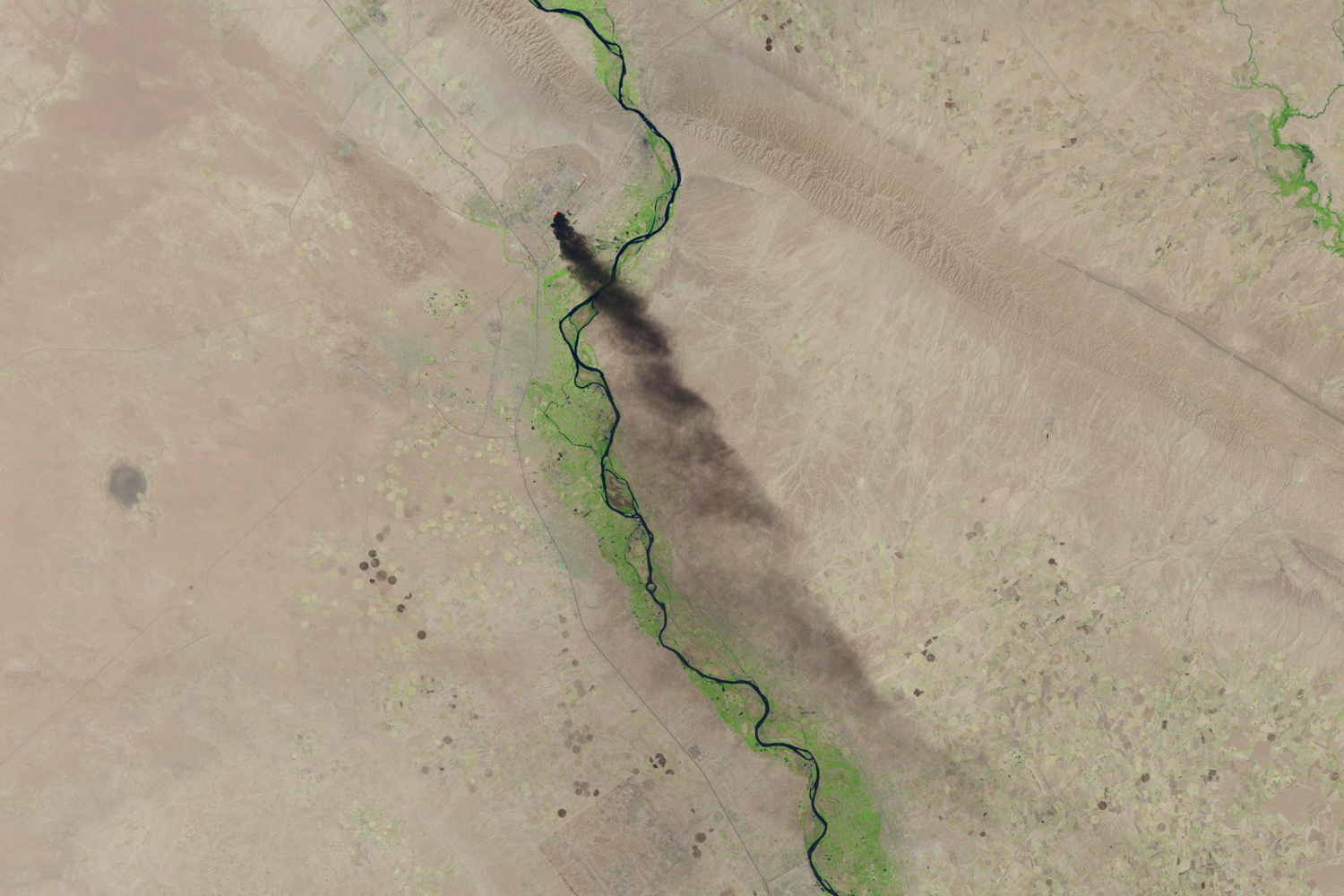



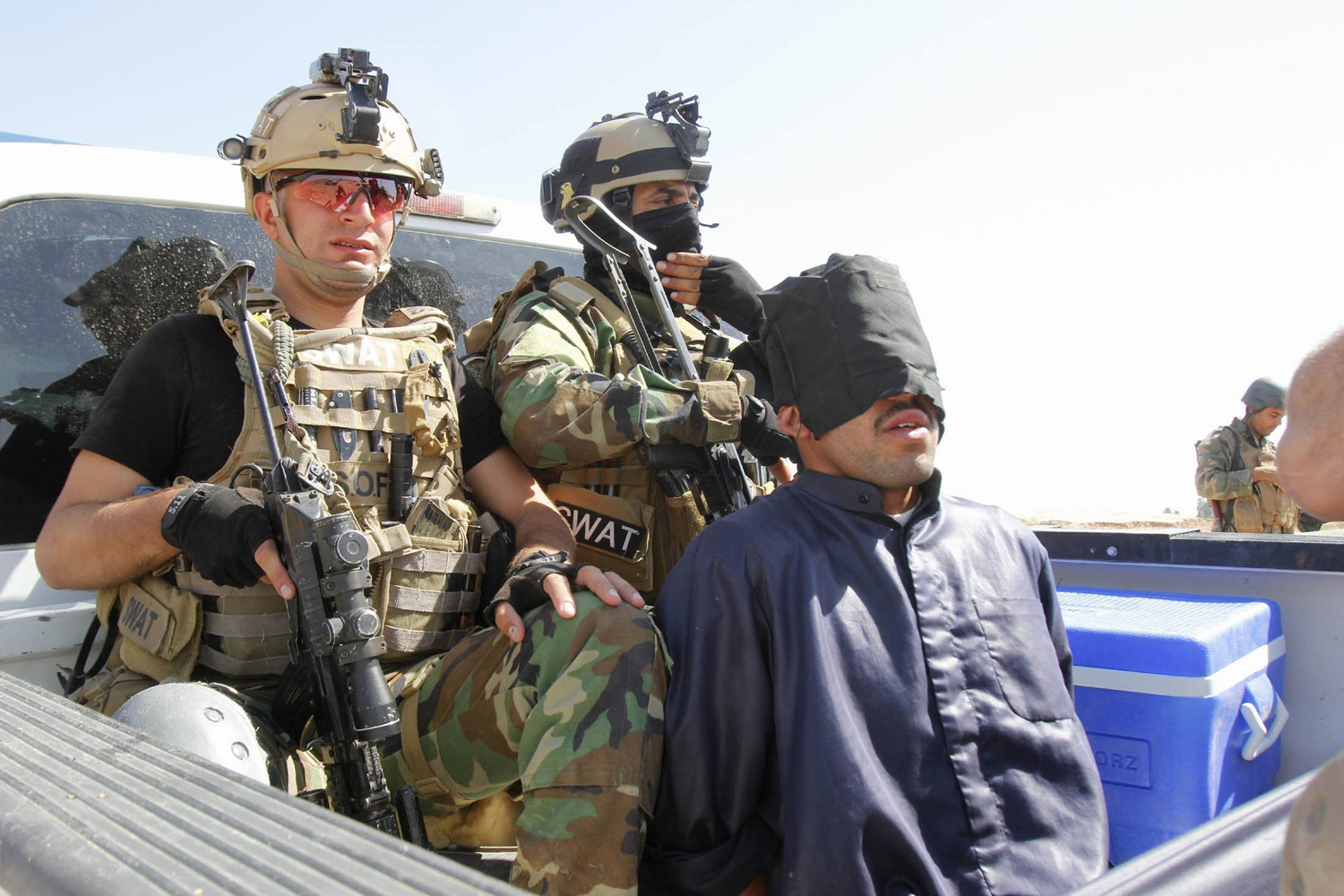





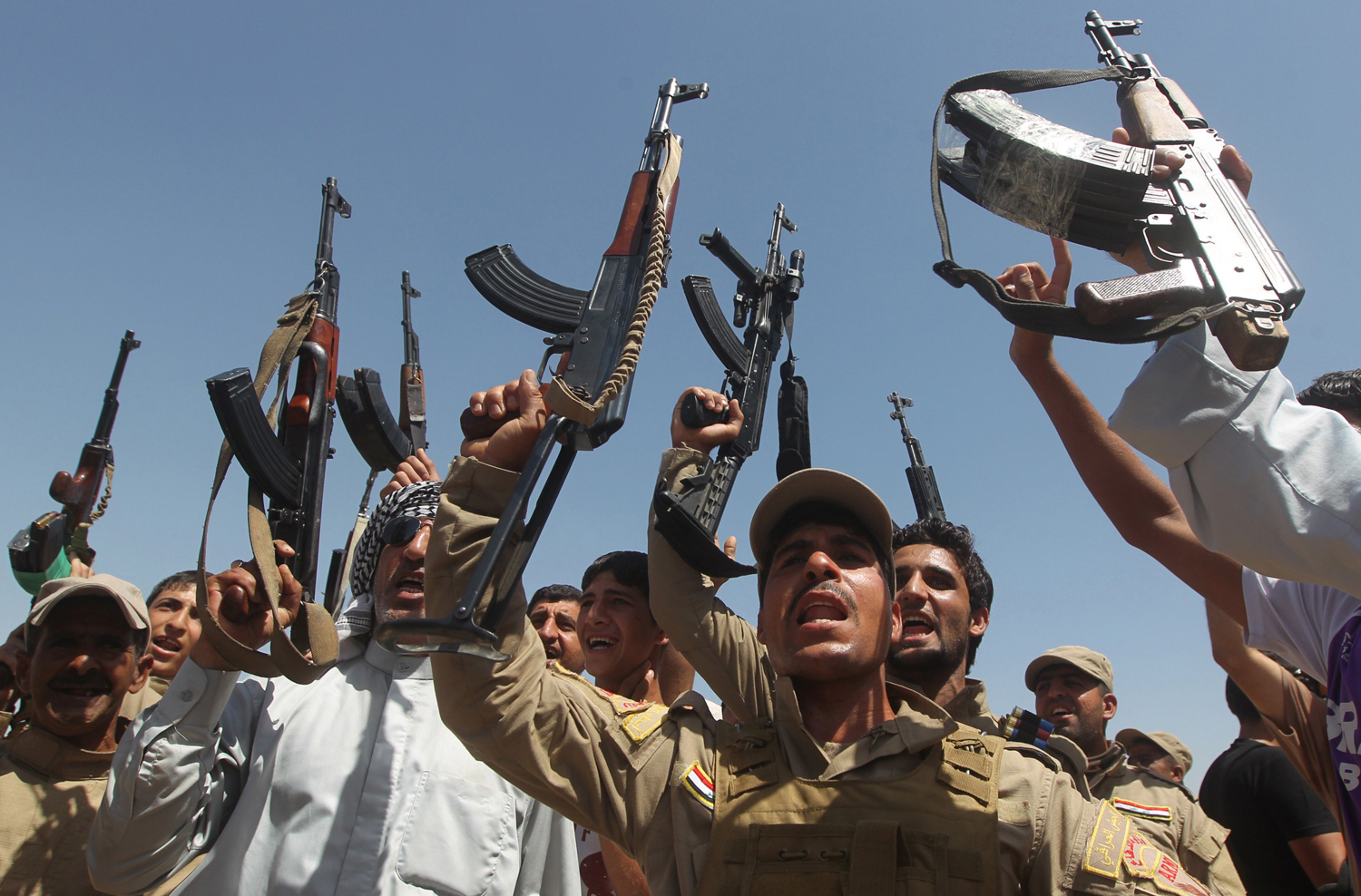

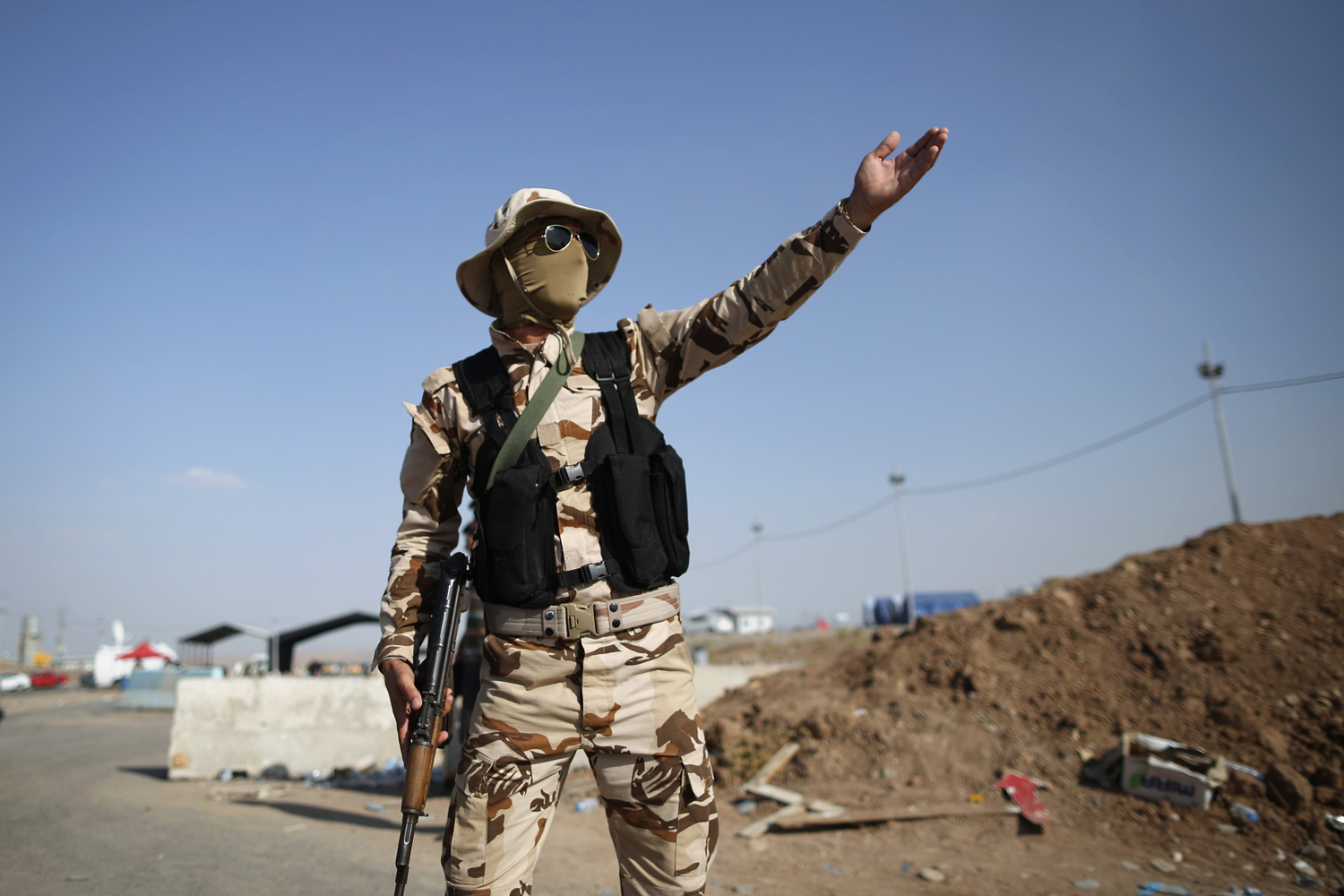

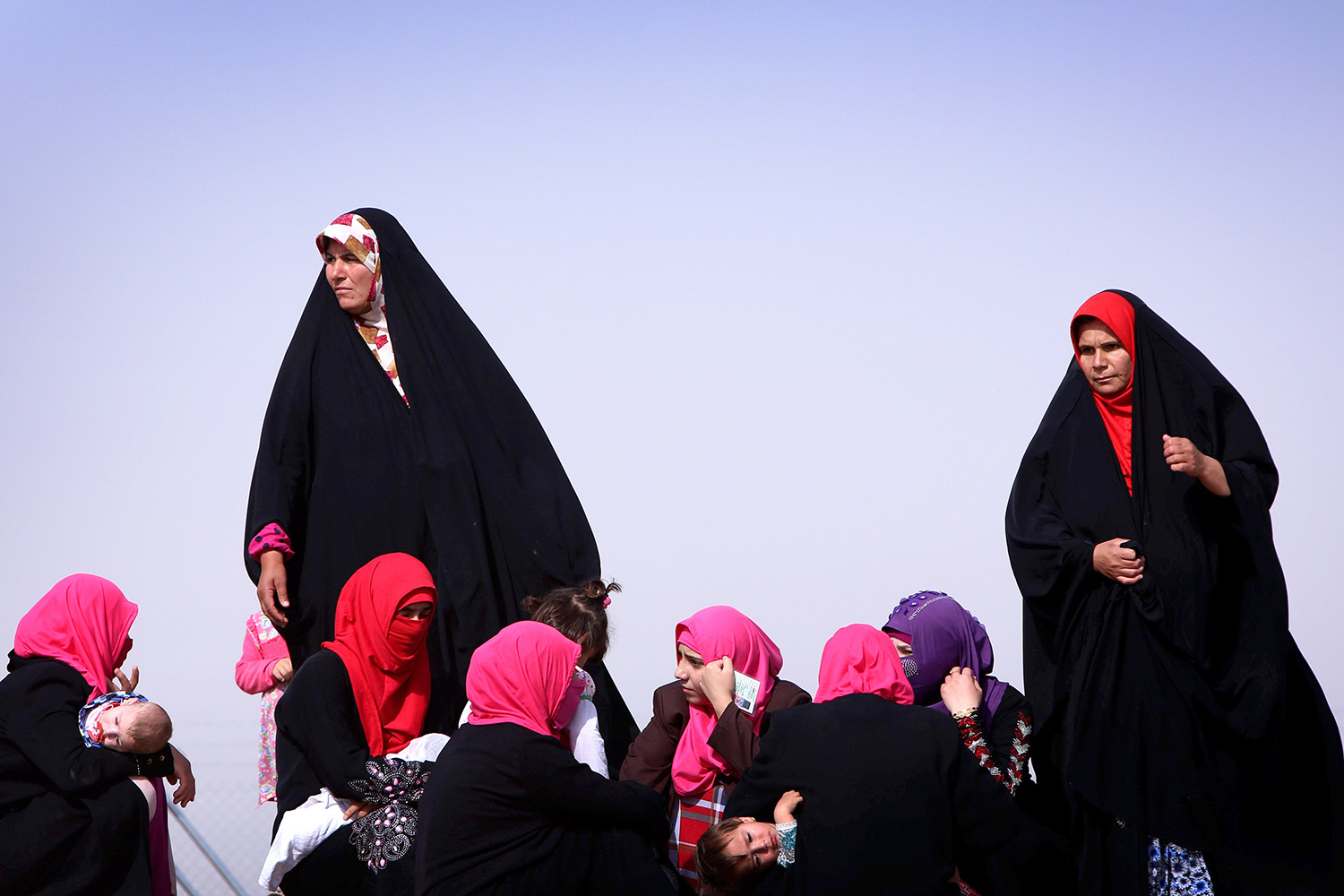


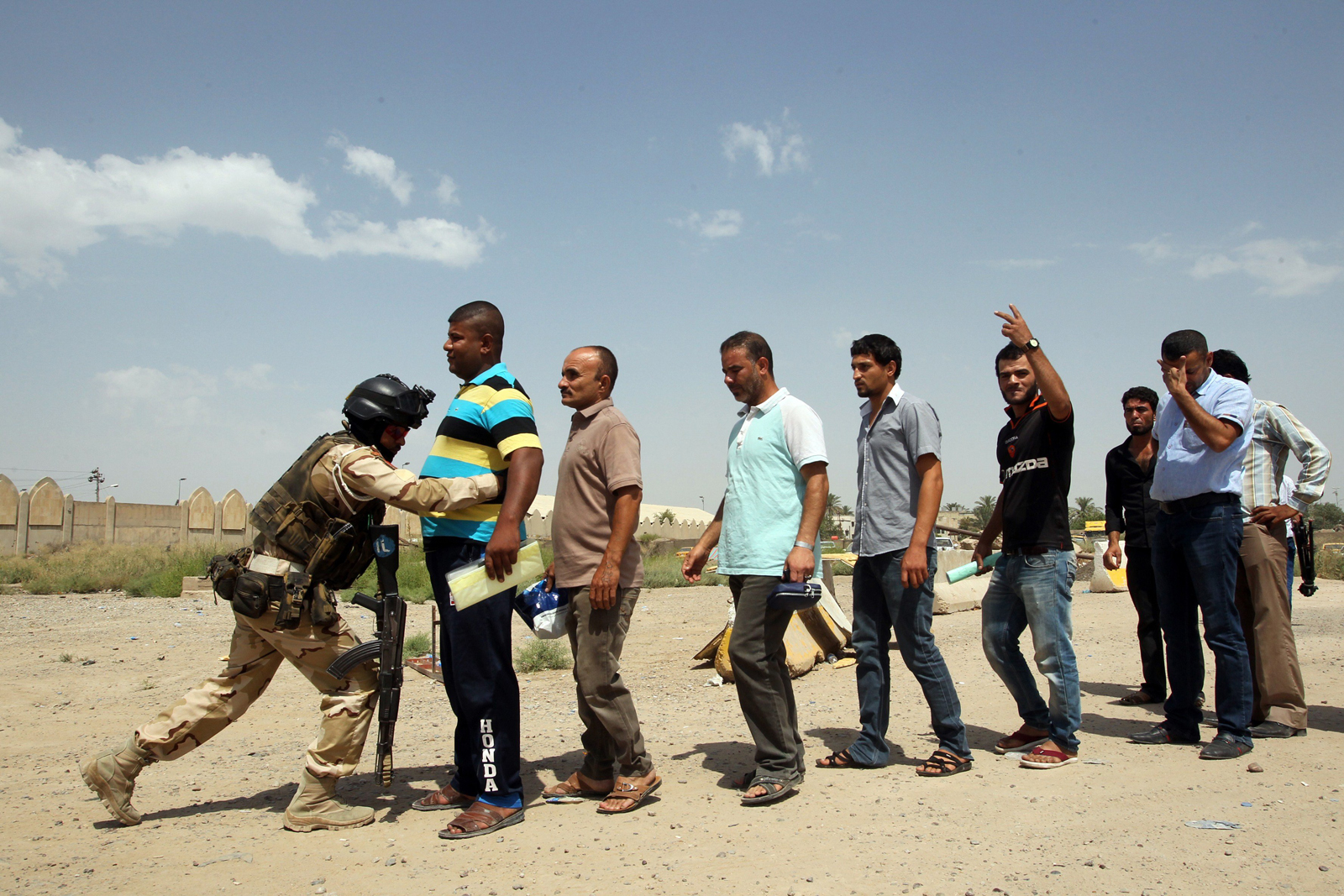
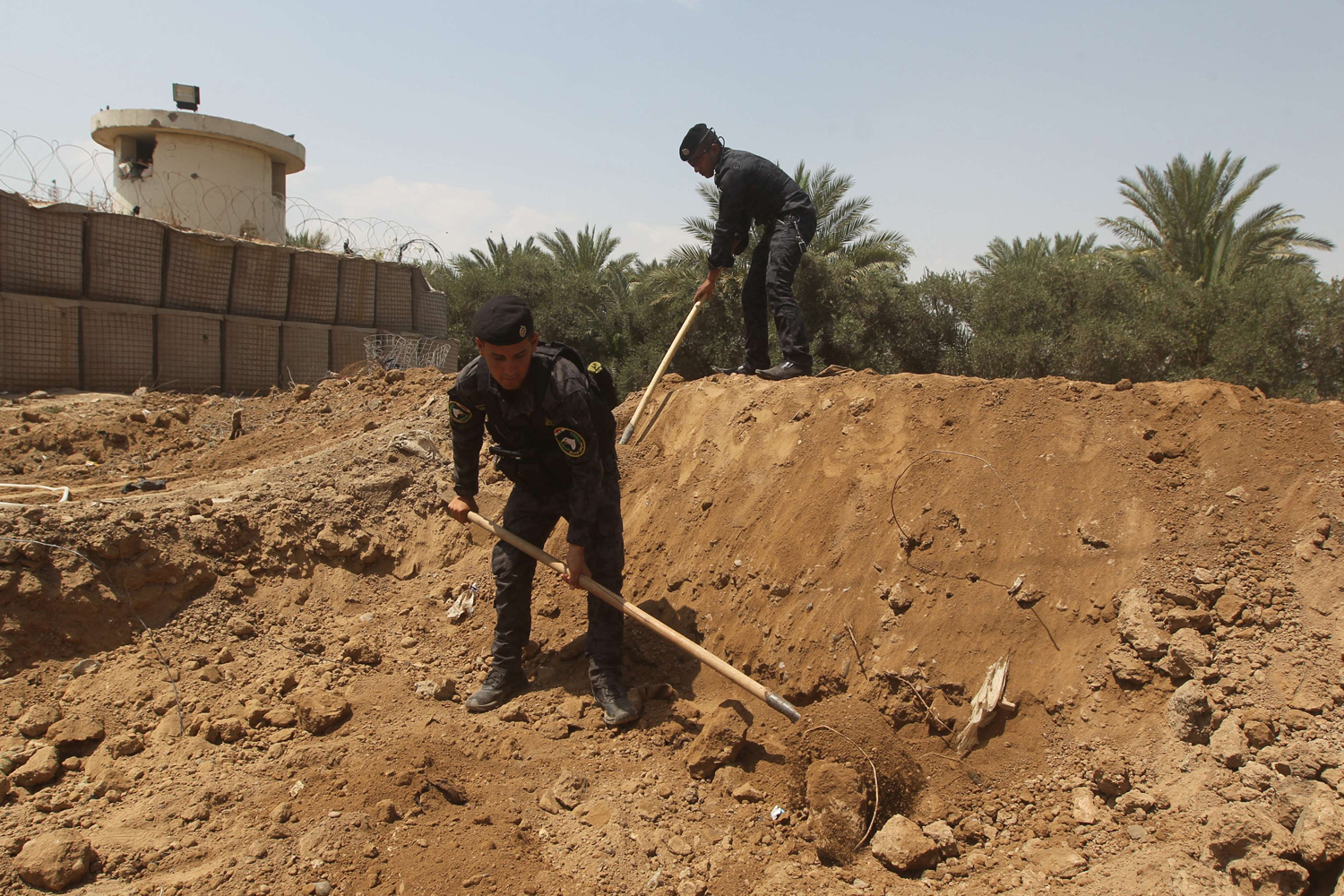
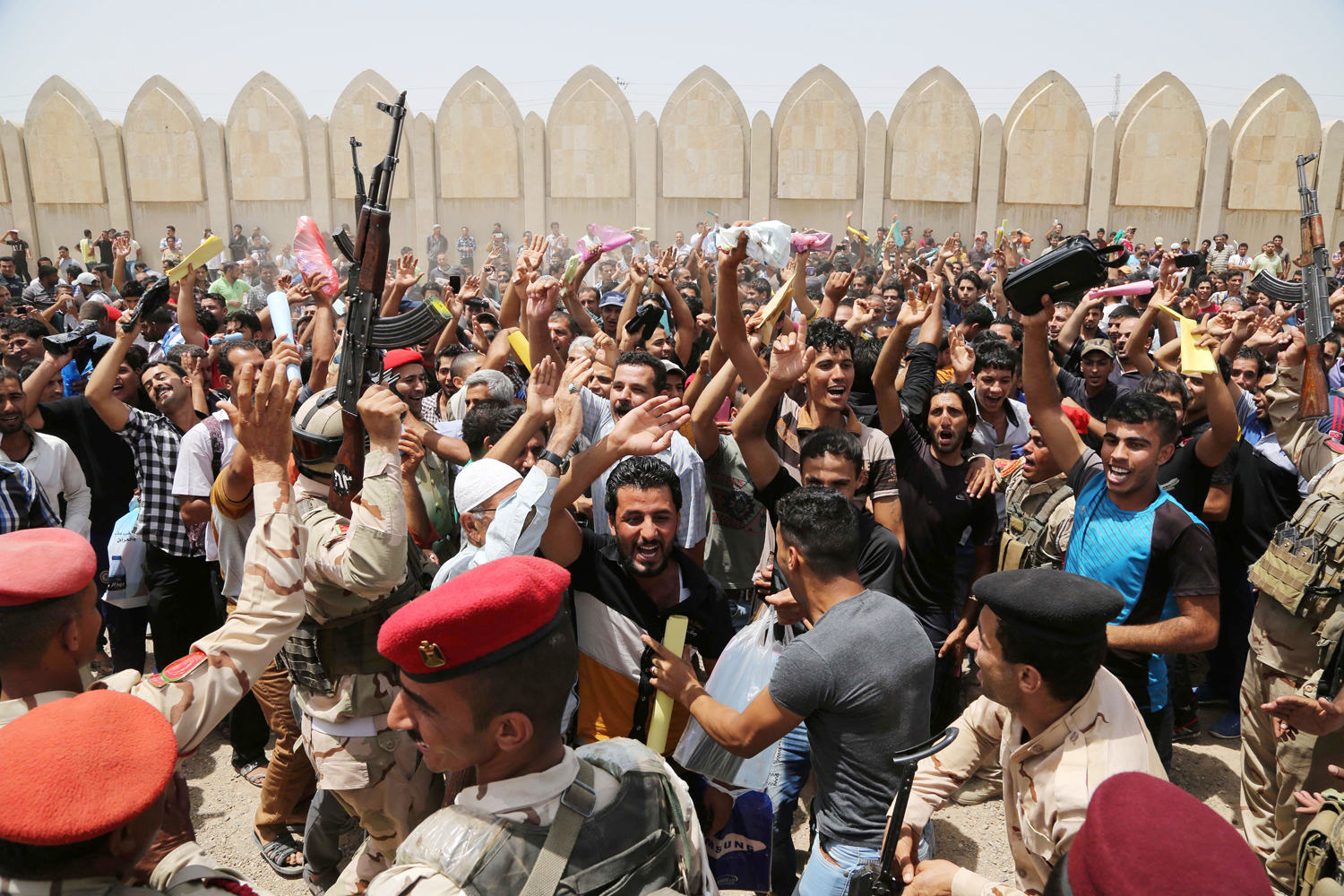
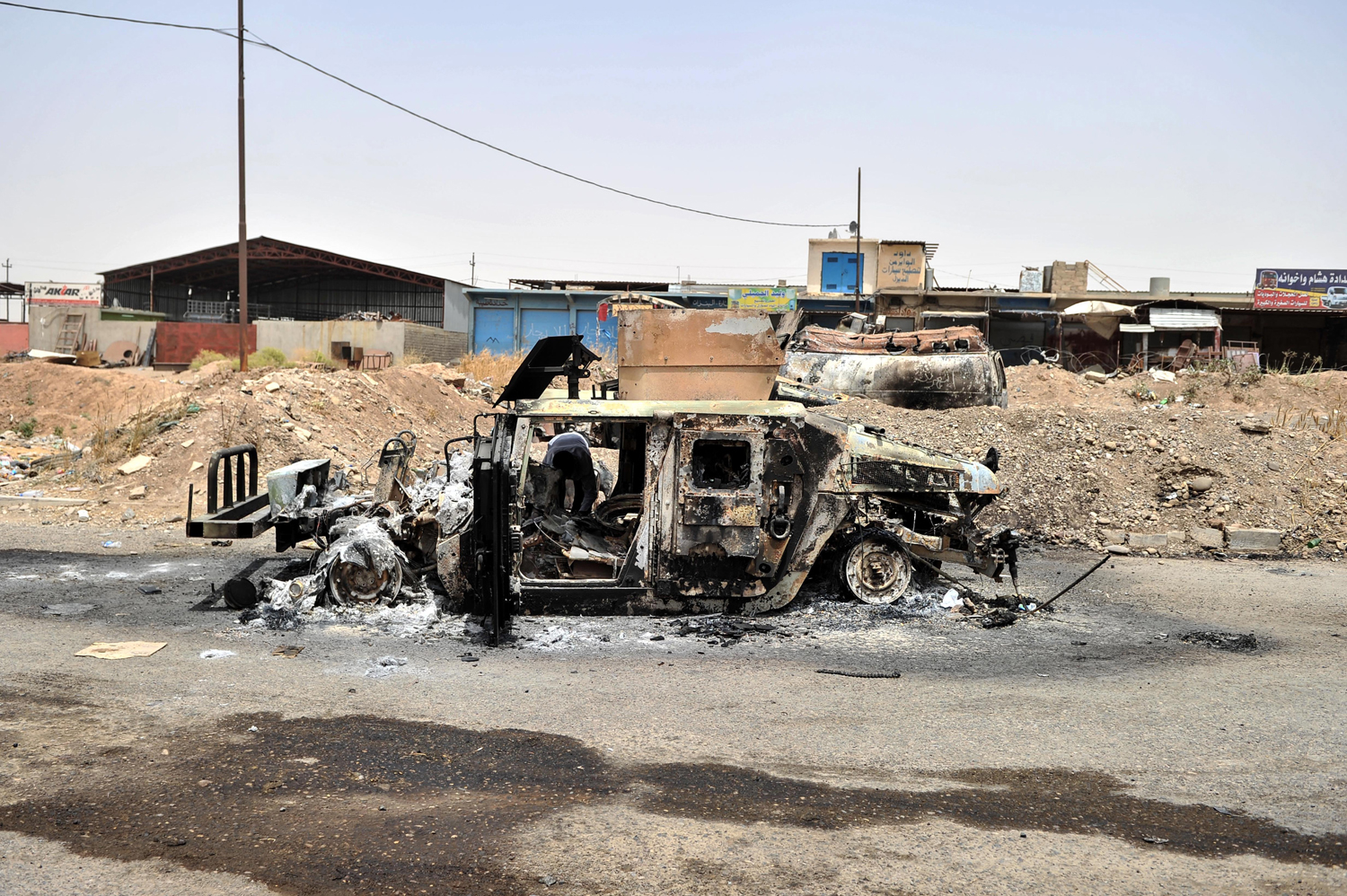

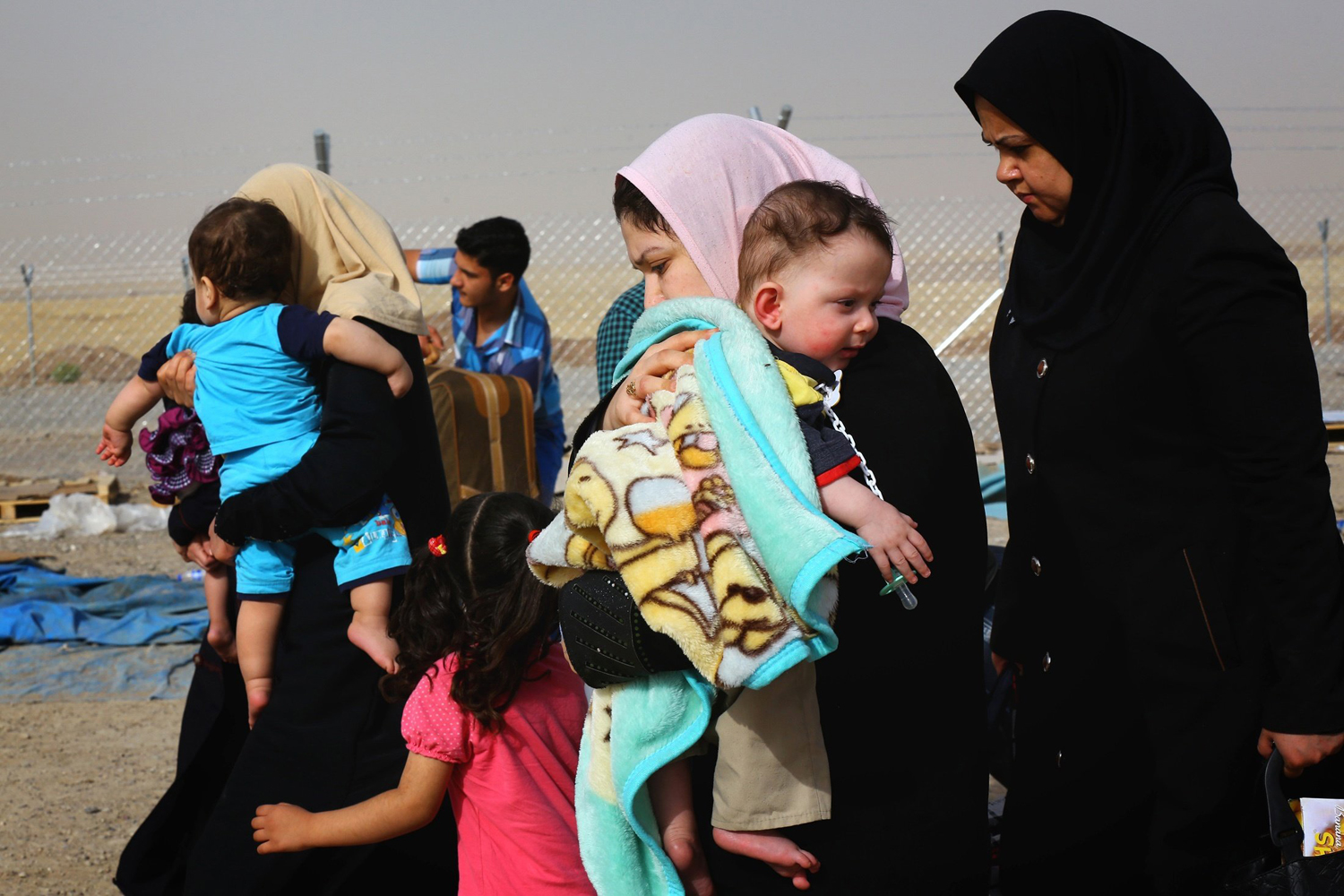
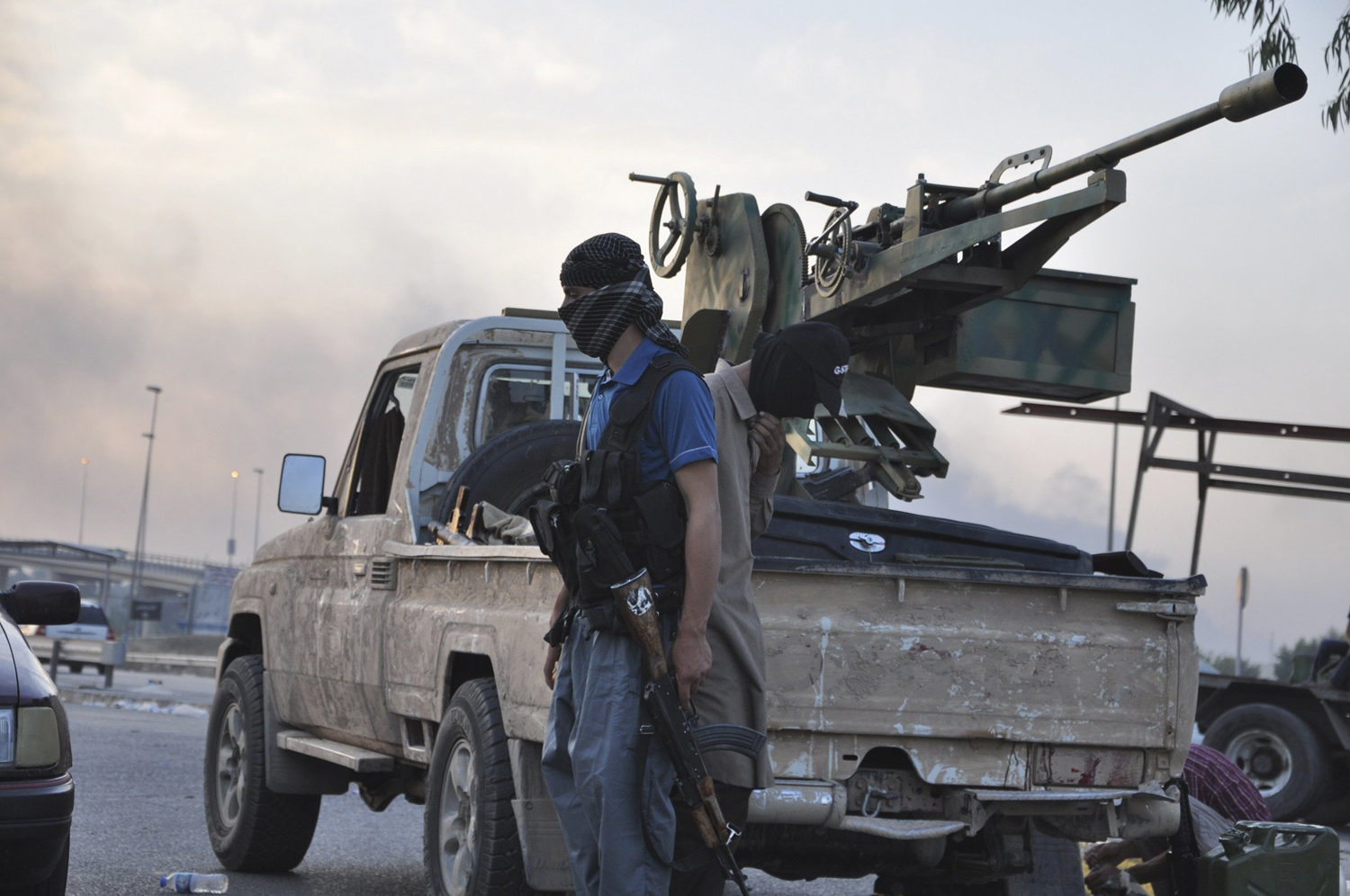
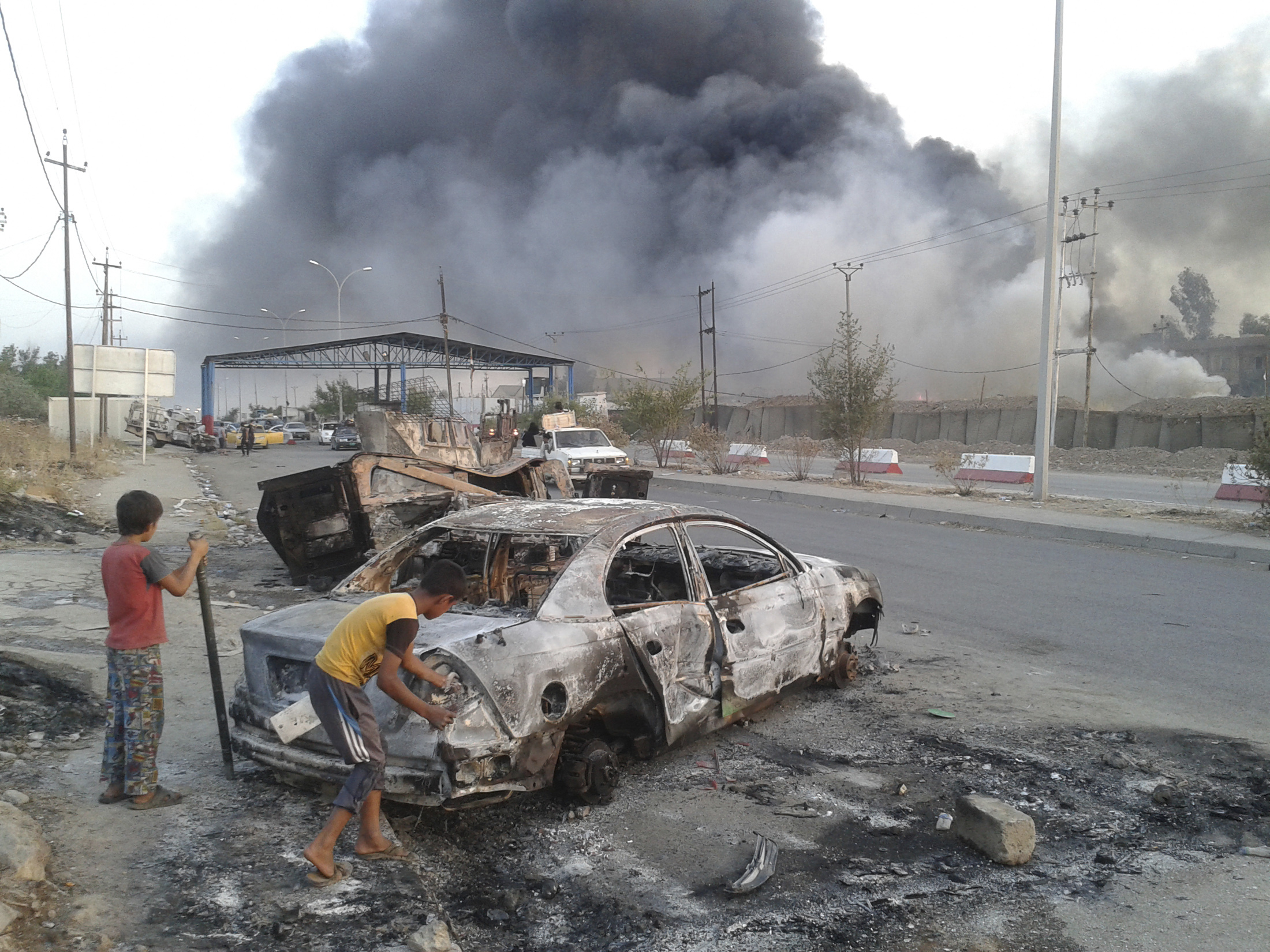
More Must-Reads from TIME
- Why Biden Dropped Out
- Ukraine’s Plan to Survive Trump
- The Rise of a New Kind of Parenting Guru
- The Chaos and Commotion of the RNC in Photos
- Why We All Have a Stake in Twisters’ Success
- 8 Eating Habits That Actually Improve Your Sleep
- Welcome to the Noah Lyles Olympics
- Get Our Paris Olympics Newsletter in Your Inbox
Contact us at letters@time.com